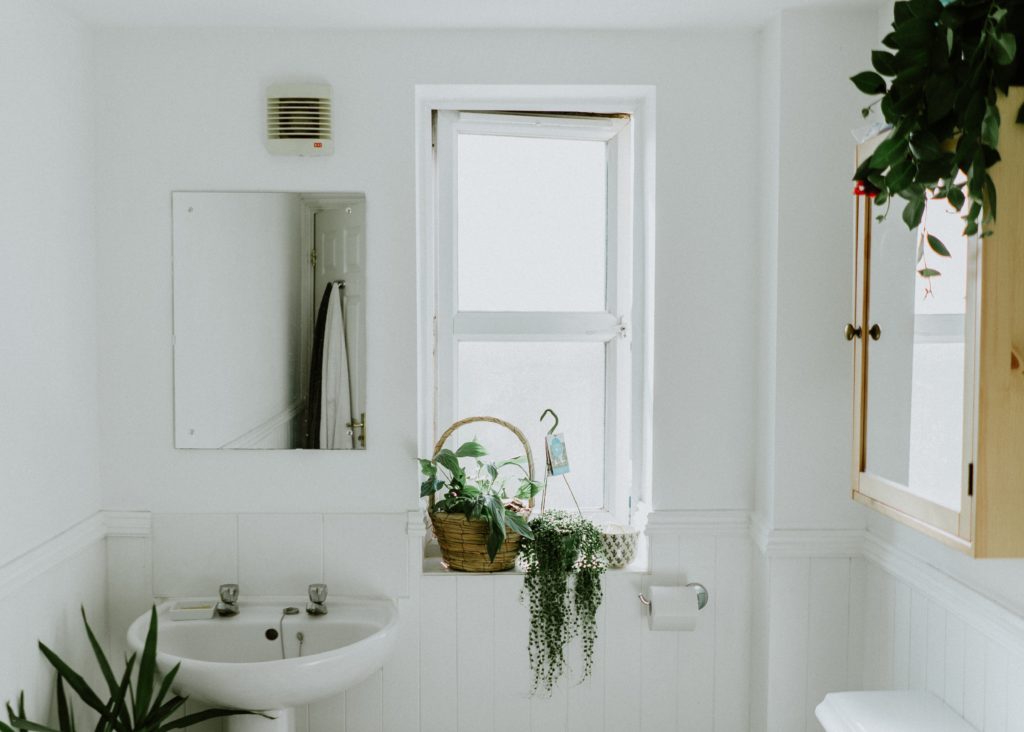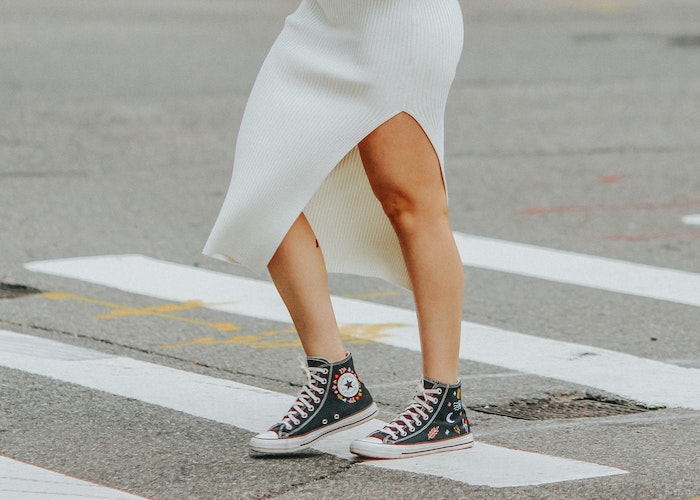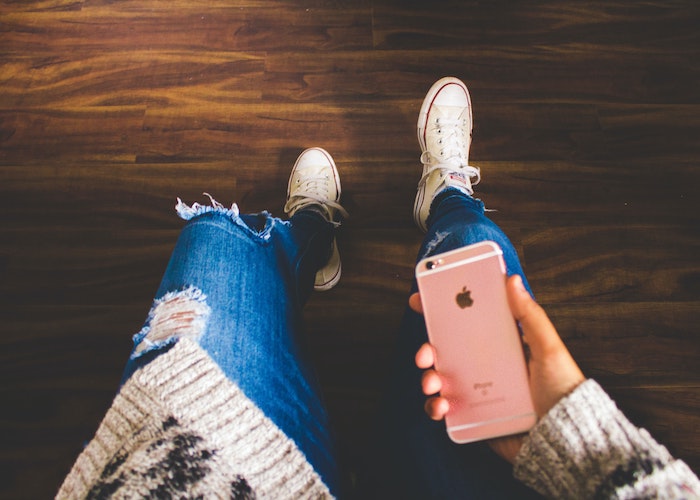5 Eco-Friendly Home Swaps Under $20 That Help You Save Money In The Long Run

I am far from perfect when it comes to making sustainable choices. Even last year, I would use Ziploc bags for lunch every day, in addition to eating a protein bar wrapped in wasteful plastic. And a few years ago, before I found minimalism, I never even thought twice about purchasing fast fashion.
I’ve changed a lot of my habits since becoming educated in personal finance and minimalism and made more sustainable choices by purchasing much less meat (I very rarely buy meat at the grocery store) and almost never buying fast fashion. Still, I always felt that waste reduction seemed like a much more difficult switch, because I knew that so many of my habits would have to change. That being said, I’ve been making these changes slowly, and most of them have little impact on my day-to-day life. The key to becoming more sustainable, for me, was finding solutions that were inexpensive (or even saved me money) and didn’t add time or stress to my life, and then implementing them slowly.
It’s not about perfection at all. According to Anne-Marie Bonneau: “We don’t need a handful of people doing zero waste perfectly. We need millions of people doing it imperfectly.”
In light of that idea, here are 5 sustainable switches that cost less than $20 and don’t disrupt your life:
[Editor’s note: Here at TFD, we recognize that our current climate crisis has largely been caused by the actions of huge companies and organizations, and is not going to be fixed by individual accountability alone — it’s an issue of global economic policy. However, living a more sustainable life is a great goal — and if you can save more in the long run from living less wastefully, even better!]
Sustainable Switches Under $20
1. Single-use produce bags –> reusable mesh produce bags
While I got on the reusable grocery bag train long, long ago, I never really thought about all the waste I was creating by using the plastic produce bags at the store. I use an average of four produce bags per shopping trip, and shop about every two weeks, so I was wasting 104 of those bags each year. Meanwhile, a simple $10 switch could have completely eliminated that waste altogether.
Pro tip: Keep your grocery bags and produce bags in your car or everyday bag so you don’t forget them when you go to the store. I used to forget mine every few trips, and always felt bad about wasting plastic unnecessarily. Keeping some bags in my car changed the game for me.
2. Dryer sheets –> reusable wool dryer balls
Dryer sheets were another completely unnecessary source of waste that I never really thought twice about. While I love the smell of my clothes after using dryer sheets, that’s a really lame excuse for creating waste, in my opinion. My clothes still smell like laundry detergent and feel great when using wool balls. Plus, because the balls bounce around in the dryer, they create more air and space between clothes and therefore help my clothes dry faster, reducing the energy usage.
Pro tip: The most sustainable way to dry your clothes is to air dry as much as possible. This saves energy and money and keeps your clothes usable for longer.
3. Bottled body wash –> bar soap
This is a classic switch that you can make with minimal effort, and it might actually save you money if you do it right. If you don’t use bar soap because you hate the gooey soap deposits on the ledge of your tub, you can choose to spend a few extra dollars on a soap holder that eliminates this problem.
4. Plastic toothbrushes –> bamboo toothbrushes
I’ve been thinking about this switch for a while and finally decided to go for it and purchase this product. I can’t offer a review yet, as I literally just bought some, but I became aware recently of how much of an impact toothbrushes have on the environment, so this switch has been long coming. As for your budget, these are cheaper than the toothbrushes I buy at less than $1 per toothbrush.
5. Cotton tampons with plastic or cardboard applicators –> menstrual cup
Obviously, this only applies to people who have periods, but it’s an important one. I don’t even want to think about all the waste — plastic, cotton, and cardboard — I’ve created just from being hygienic during my period. That being said, menstrual cups freaked me out. In reality, they aren’t so scary, and they’re a much more convenient and sustainable way to manage your period. Plus, they save you money in the long run, too.
Wasteful items I just can’t quit
All this being said, I still create a lot of waste, and I would like your insight and advice if you have any replacements/ideas! Here’s a list of things I still use that create waste:
Paper towels
I use them much less often, but find that they’re just so convenient in certain cases. Just this morning, I spilled some black coffee and didn’t want to stain the white kitchen towels I use. How can I quickly clean this up big messes without using (and potentially staining) a towel and having to throw it right into the laundry? Any thoughts on how to better navigate this?
Food with plastic packaging
Namely, I love tortillas, cheese, bagels, and coffee but haven’t found a way to purchase them without plastic packaging. There are also things I buy less frequently, but still buy, that seem to have plastic packaging. These include things like sour cream, condiments, etc. Is there a solution here?
Delivery of food and products
How do zero-wasters avoid the packaging (plastic and sometimes Styrofoam) from ordering food? Do they just not order delivery? Are there companies that avoid such packaging when delivering food? Additionally, when I receive a package from online shopping, it very often comes with plastic or Styrofoam waste, and I want to know if/how others avoid this.
*****
I hope some of these ideas/products can help you tread more lightly on our planet. Let me know what you think about these switches and other changes I can make in my life to be more sustainable.
Rachel Scott is a 22-year-old professional who is proud to be a public school English teacher. She’s passionate about personal finance, minimalism, education, food, and travel. If she could choose one superpower, it would be extreme self-discipline. Read her blog at wrachelwrites.com.
Image via Unsplash
Like this story? Follow The Financial Diet on Facebook, Instagram, and Twitter for daily tips and inspiration, and sign up for our email newsletter here.




